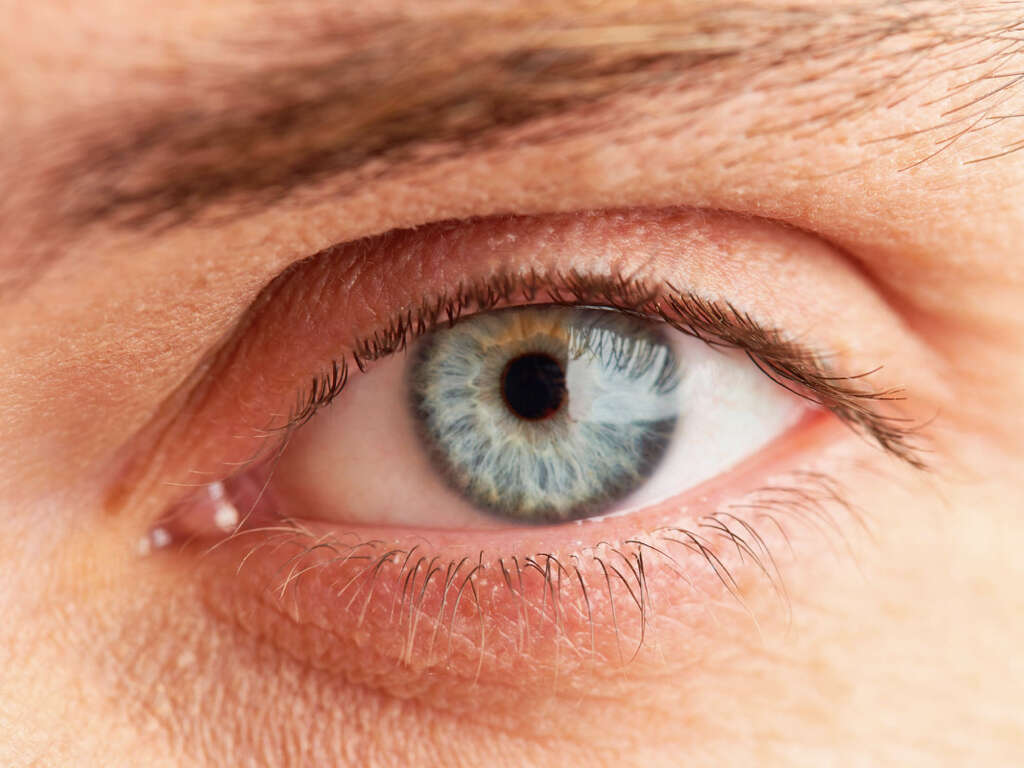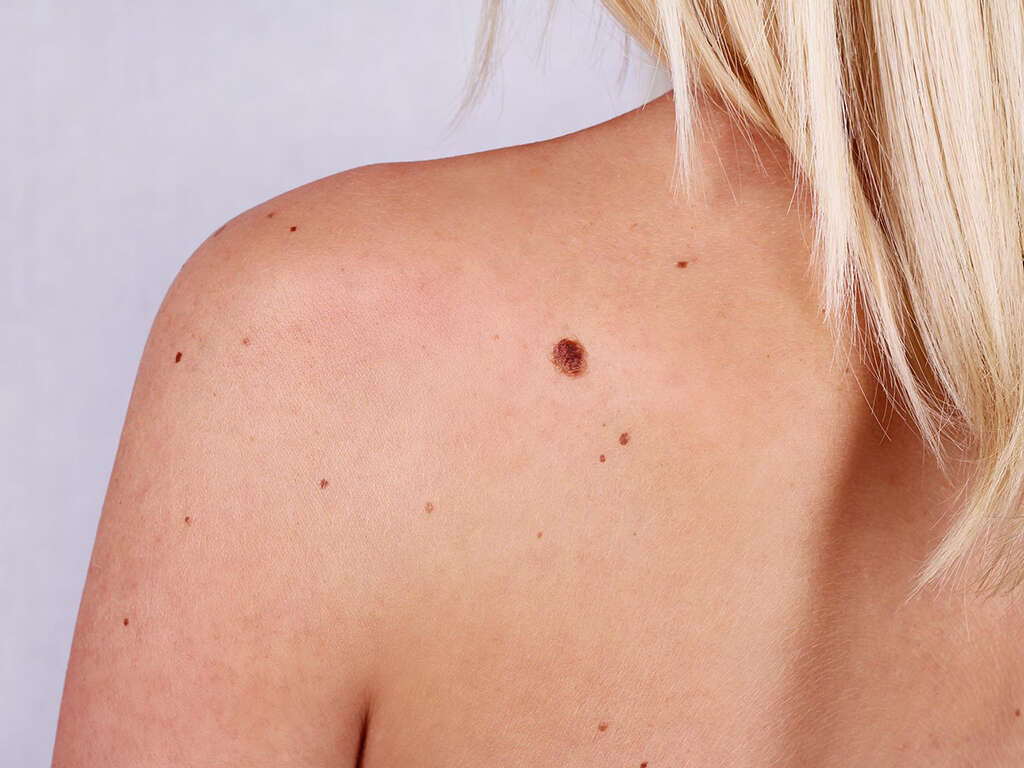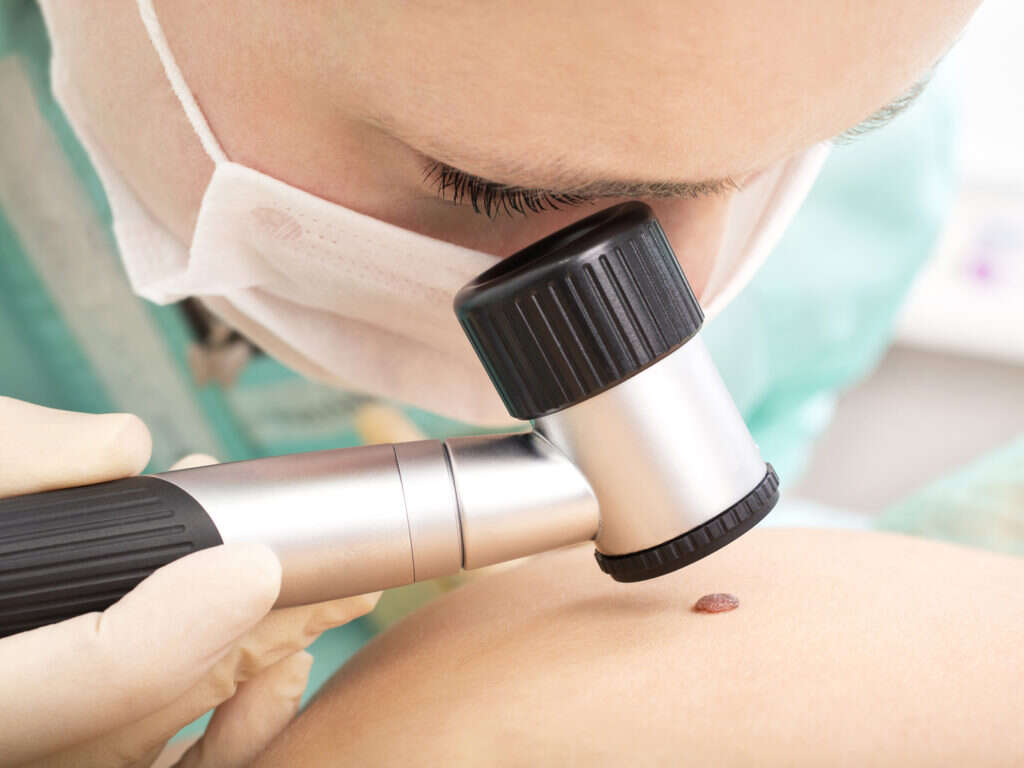Actinic Keratosis Symptoms, Causes & More
 Article Sources
Article Sources
- 1. 'Actinic Keratosis.' The Skin Cancer Foundation, 30 Apr. 2021, www.skincancer.org/skin-cancer-information/actinic-keratosis
- 2. 'Skin Cancer Types: Squamous Cell Carcinoma Overview.' American Academy of Dermatology, www.aad.org/public/diseases/skin-cancer/types/common/scc
- 3. 'Actinic Keratosis.' Mayo Clinic, Mayo Foundation for Medical Education and Research, 13 Jan. 2021, www.mayoclinic.org/diseases-conditions/actinic-keratosis/symptoms-causes/syc-20354969
- 4. 'Actinic Keratosis: Signs and Symptoms.' American Academy of Dermatology, www.aad.org/public/diseases/skin-cancer/actinic-keratosis-symptoms
- 5. 'Actinic Keratosis: Diagnosis and Treatment.' American Academy of Dermatology, [www.aad.org/public/diseases/skin-cancer/actinic-keratosis-treatment.](http://www.aad.org/public/diseases/skin-cancer/actinic-keratosis-treatment.)
- 6. 'Actinic Keratosis.' Mayo Clinic, Mayo Foundation for Medical Education and Research, 13 Jan. 2021, www.mayoclinic.org/diseases-conditions/actinic-keratosis/diagnosis-treatment/drc-20354975
Home Treatment
If a person has multiple actinic keratoses or lesions that can be felt but aren't yet visible, a doctor may prescribe topical medications for the person to apply at home. Several medications are available. Some cause skin reactions, making them unsuitable for use on the face.
To be effective, the medications must be applied as prescribed. Some need to be applied several times a day for one to three months. Others must be applied a couple of times a week for four months
Advertisement









